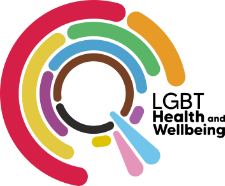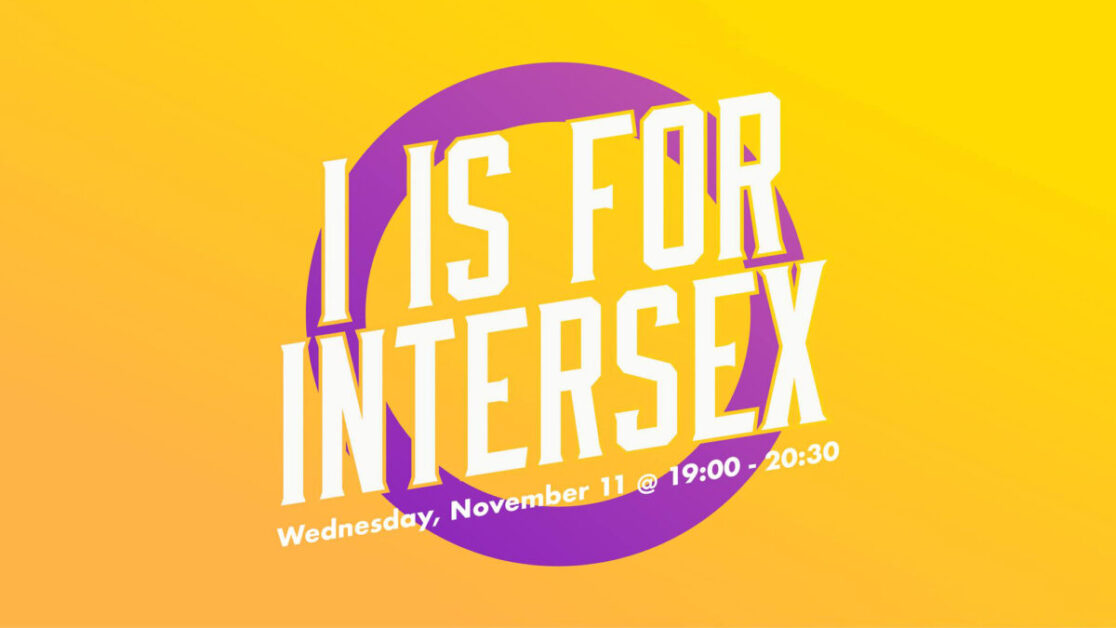I is for Intersex: Community Discussion
Intersex people are individuals with variations of sex characteristics whose anatomy or physiology differ from cultural stereotypes of what constitutes typical male and female. Variations are congenital (from birth) and can be genetic, chromosomal or hormonal. An intersex person can have both male and female biological attributes or lack some of the characteristics typically required to be defined as either male or female.
Being intersex is different from being transgender. A trans or transgender person is someone whose gender identity is different from the sex they were assigned at birth. Intersex relates to congenital physical sexual characteristics and not to an internal sense of identity. An intersex person may also be trans, but one does not equal the other because gender and sex are separate. Likewise, intersex is not about sexual orientation. In fact, intersex people have a diverse range of gender identities and sexual orientations, just as much as non-intersex people. An intersex person may be straight, gay, lesbian, bisexual, asexual or may identify as a woman, a man or non-binary, etc…
Because of rigid cultural sex categories in mainstream society, intersex people are subject to harmful myths and misconceptions and as a result, stigma and discrimination. Though numerous scientific fields like biology, endocrinology, physiology, genetics and neuroscience accept intersex as a naturally occurring variation of human development, the contemporary medical model still treats intersex people as ‘anomalies’ that need surgical intervention. It assumes that intersex bodies are inherently an issue and as a result, many intersex children undergo surgery to ‘normalise’ them. These interventions will often cause irreversible and major problems for intersex adults such as chronic pain, infertility with lifelong impact on their mental health and wellbeing.
Intersex activists have long fought and continue to fight to de-pathologise variations of sex characteristics and advocate for the rights of all intersex people to bodily integrity and personal autonomy. Campaigns like Intersex Awareness Day aim to educate about the experiences of intersex people to address the social prejudice, ignorance and stigma surrounding intersex people.
In November 2020, LGBT Health and Wellbeing hosted an online community discussion to learn more about intersex people and some of their unique lived experiences.
Guest speakers shared some of their own stories as intersex people and discussed with the audience about language, their experiences with the medical community, support groups and educative resources. We were also joined by the Equality Network who outlined some of the work being done to support and include intersex people in Scotland.
Download file
